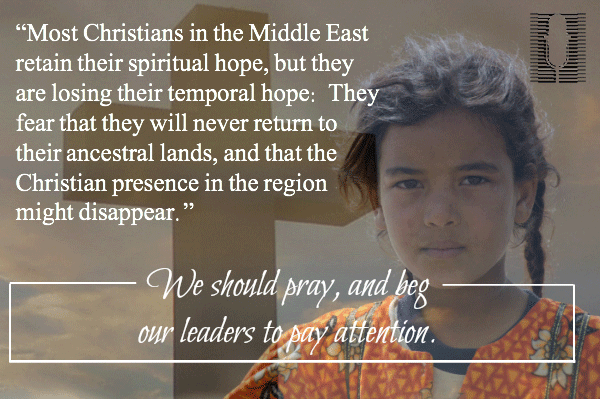Politicians are currently answering questions like: “Knowing what we know now, would you have supported invading Iraq in 2003?” Hindsight will not alter that decision or the devastating 2011 decision to leave before we secured the gains made. Now Iraq is in chaos.
The recent ISIS takeover of Ramadi the provincial capital of Anbar province is particularly heartbreaking because this is where, in 2007 a surge of U.S. forces waged a block-by-block battle to reclaim the city from insurgents. It’s where, it was hoped, Iraqis would turn the tide and drive ISIS west and away from Baghdad. Instead ISIS drove some of the best Iraqi troops out of Ramadi. The US-led campaign of airstrikes in support of Iraqi forces isn’t working. Yes, we have been training and supporting Iraqi forces. But the defense of Ramadi was largely left to local small numbers of Sunni tribesmen. Local police fled by the hundreds. Its fall is a military humiliation and a humanitarian disaster.
Iraq is home to one of the oldest continuous Christian communities in the world, some of whose members still speak Aramaic, the language Jesus spoke. There’s been a Christian exodus. The Wall Street Journal reports on it regularly. There were 1.5 million Christians in Iraq before we went in in 2003. Now there are 200,000. In the past year, ISIS drove about 125,000 from their homes. This is a national tragedy. Iraqi Prime Minister Haider el-Abadi says, “There is no Iraq without Christians.”
As much of the Arab world has swung over to Islamist thinking, the Christian presence has become increasingly fragile. In Iraq and Syria unarmed Christians are being killed in the name of radical Islam. Others flee.
The period in which Christians survived because they received a measure of protection from strong rulers – Bashar Assad in Syria, Saddam Hussein in Iraq – is over. Local Muslims who hated these leaders are now free to retaliate against the Christians who supported them.
Christians have always helped stabilize the region. Foreign affairs scholar, Walter Russell Meade writes, “The loss of a meaningful Christian presence in the Middle East could further polarize relations between Christians and Muslims around the world — and bring us a step closer to the kind of ‘clash of civilizations’ no sensible person wishes to see.”
The U.S. is the only country that can really help Iraq get rid of ISIS. Whether we do that or not, Professor Mead says the U.S. has 3 options: help the Christians defend themselves, assist them in escaping and finding new homes, or wring our hands and watch them perish.
Miles Windsor wrote in the Journal, “Most Christians in the Middle East retain their spiritual hope, but they are losing their temporal hope: They fear that they will never return to their ancestral lands, and that the Christian presence in the region might disappear.” We should pray, and beg our leaders to pay attention.
 Listen Online
Listen Online Watch Online
Watch Online Find a Station in Your Area
Find a Station in Your Area











 Listen Now
Listen Now Watch Online
Watch Online
